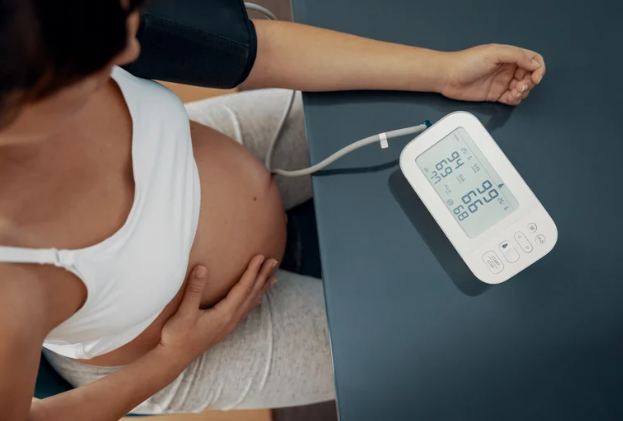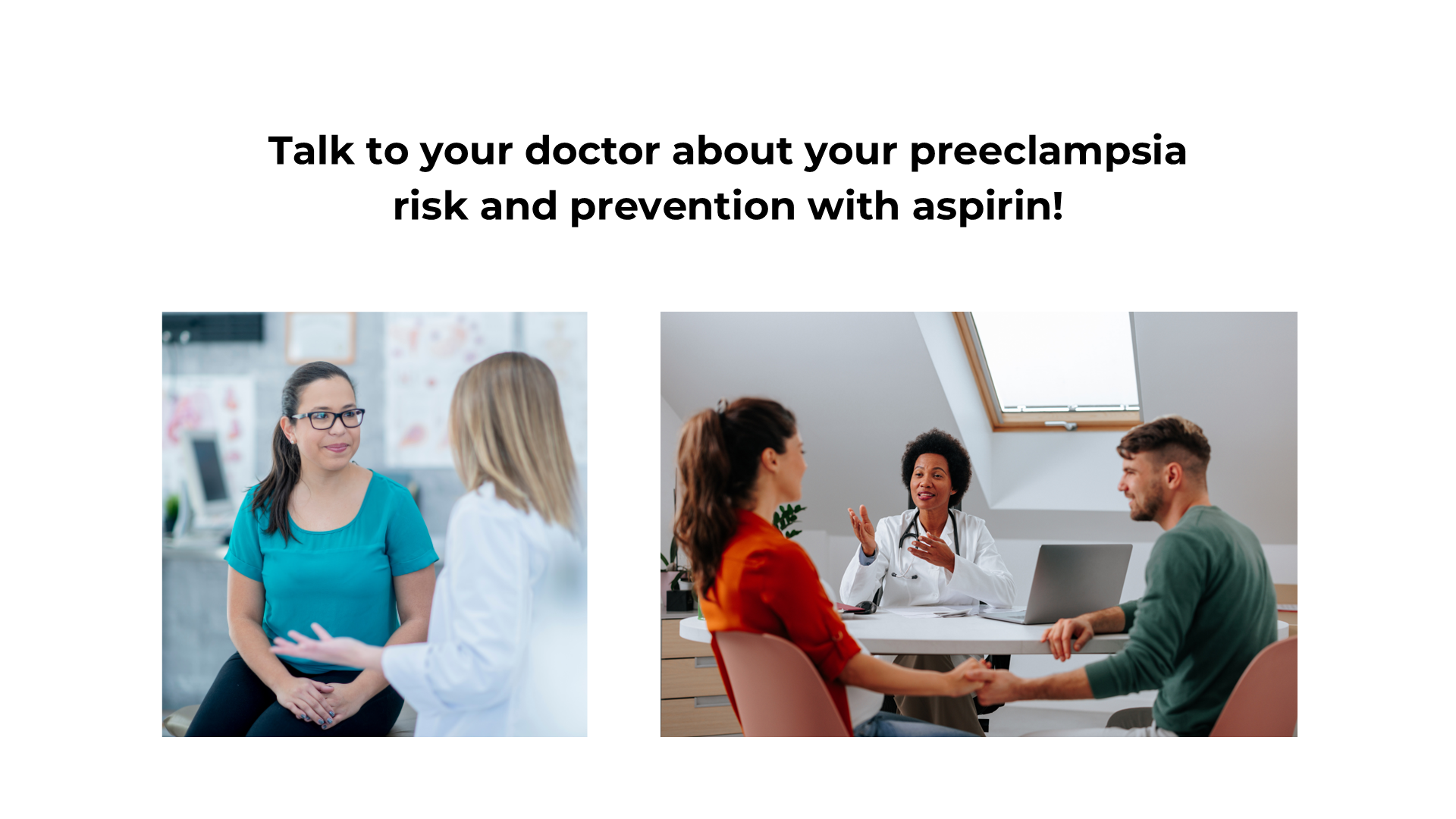
← Back
3 Minute Thesis: Preeclampsia Prevention Awareness
A presentation to classmates as part of a course in Science Communication.
Goal: Think about their risk or someone else's risk of preeclampsia, recognize the importance of preeclampsia prevention, and use this understanding to talk to their doctor about their (or a loved one's) risk for preeclampsia and what can be done to mitigate it.

Presentation Outline
Hook
- How many have ever been pregnant, want to become pregnant, or love someone who that applies to?
- Though pregnancy is common and a beautiful time, but it is not without risk
- Many women do everything they can to reduce risk to their baby including taking prenatal vitamins, forgoing certain foods, and abstaining from alcohol
- But there is much less emphasis on preventative care for the conditions the pregnant mother could develop
Bottom Line
- As a student and future provider of pregnancy related care, I have seen firsthand how prevention leads to better outcomes
- I have vested interest in helping women achieve the healthiest pregnancies through preventative care
- Everyone should know how to discuss risk for pregnancy related conditions with their healthcare provider, and one such condition I will be talking about today is preeclampsia
- I want to encourage you to talk to your or your loved one’s doctor about your risk for preeclampsia
Key Details
- Preeclampsia is a significant contributor to maternal morbidity and mortality in the US
- It is a condition that develops in later pregnancy
- Consists of high blood pressure and organ damage, most commonly kidney damage
- Preeclampsia is occurs in 6-8% of all pregnancies in the US, which may not seem like a lot, but it is one of the most common causes of preterm delivery
- It can also lead to eclampsia, which is preeclampsia plus seizures in the mother, and up to 30% will be diagnosed with hypertension later in life
- It can be treated with blood pressure medications but it can be difficult to control
- Which is why we need to focus on prevention
- Research shows that a daily baby aspirin started before 16 weeks can significantly decrease the risk of preeclampsia in women who are moderate to high risk
- However, many women who are eligible do not end up taking this preventative care
- That is why I encourage you, or your loved one, to speak to your doctor early on during pregnancy about your risk for preeclampsia and if you are a candidate for aspirin therapy
- If we can better identify patients who are at risk early on, we can perhaps prevent preeclampsia altogether
- Who is eligible?
- There are high and moderate risk factors, and you don’t need to know them all, but you can be aware of them and arm yourself with knowledge
- These include: Diabetes, autoimmune disease, family history, IVF, high blood pressure
- There are high and moderate risk factors, and you don’t need to know them all, but you can be aware of them and arm yourself with knowledge
- You may be thinking “isn’t it my doctor’s job to tell me what I am at risk for and what I should do about it”
- It certainly is, but doctors are imperfect
- You should feel empowered to initiate a conversation with your doctor
Closing Statement
- I implore you or your loved one to initiate a discussion with your doctor about your risk of preeclampsia and become empowered about the steps you can take to hopefully we can enable you to have the healthiest and happiest pregnancy possible
Post a comment